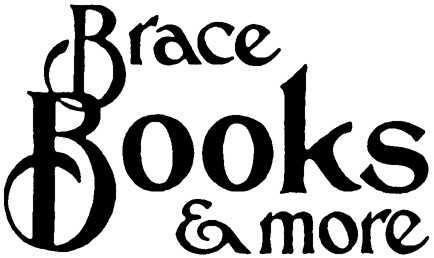
The Wisdom of the Middle Ages
Description
This engaging survey of important works from late antiquity to the beginning of the Renaissance reveals the depth of thought and the diversity of expression that characterized the Middle Ages. Michael Kellogg demonstrates that medieval thought owes far more to ancient philosophy than is generally supposed; that poets of this era were as sophisticated and nuanced as their ancient counterparts; and that writers of this time anticipated most of the lines of inquiry that gave rise to the Renaissance.
The author examines philosophical treatises, memoirs, letters, tales, romances, and epics, documenting the unique array of evolving concerns that drove the medieval search for wisdom. Among the authors and works discussed are Augustine's Confessions; Boethius's Consolation of Philosophy; Beowulf; the writings of Abelard and Heloise, Francis of Assisi, and Thomas Aquinas; the Song of Roland; the Arthurian romances of Chrétien de Troyes; Dante's Divine Comedy; and the tales of Boccaccio and Chaucer.
Written for the lay reader, this lively overview of a flourishing era, often devalued in our time as a benighted period of history, will bring a new appreciation to the many accomplishments of the Middle Ages.
Praise for The Wisdom of the Middle Ages
“This is a clear, competent summary of the history of the European Middle Ages, and the era's great works of literature, theology and philosophy.”
—Shelf Awareness for Readers
"From Beowulf to Dante and Chaucer, and from Augustine to St. Francis and Thomas Aquinas, this book provides an elegantly written introduction to the classics of the Middle Ages. The intertwining of history with the analysis of literary and philosophical/theological works crisscrosses modern disciplinary boundaries, illuminating the so-called Dark Ages for all readers. Kellogg’s sensitive and informed readings serve those who are new to these important works and provide valuable insights to those for whom they are old friends.”
—Eileen C. Sweeney, professor of philosophy, Boston College, and author of Anselm of Canterbury and the Desire for the Word
“With grace and confidence, Kellogg takes the reader on a journey through some of the best literature and philosophical writings of the Middle Ages. Kellogg makes a firm argument that this period in European history should be seen as an era in which human aspiration, achievement, and curiosity flourished. His sensitive and scholarly readings of writers from Augustine to Chaucer make his case in an accessible and convincing way. What is particularly impressive about The Wisdom of the Middle Ages is Kellogg’s ability to convey the complex ideas of writers in the Middle Ages in thoughtful and clear prose. This engaging book will surely inspire readers to discover the original texts for themselves.”
—Emily A. Winkler, DPhil, research fellow and lecturer in early medieval history, University of Oxford
“What is your source for the history of ideas? There are many histories of philosophy and histories of science, but they are too narrow. Who has the learning, insight, writing skill, and breadth to encompass so huge a topic as the ideas that define an age? For the previous generation, the standard was set by John Herman Randall Jr. Randall’s successor in our day is Michael K. Kellogg. His The Wisdom of the Middle Ages is engaging, incisive, authoritative, and amazingly comprehensive. Whether you are looking for the ideal text for a course, or just a great read, this book is enthusiastically recommended.”
—Keith M. Parsons, professor of philosophy, University of Houston–Clear Lake, and author of It Started with Copernicus
